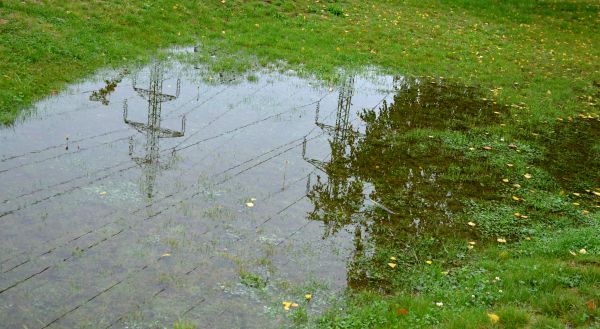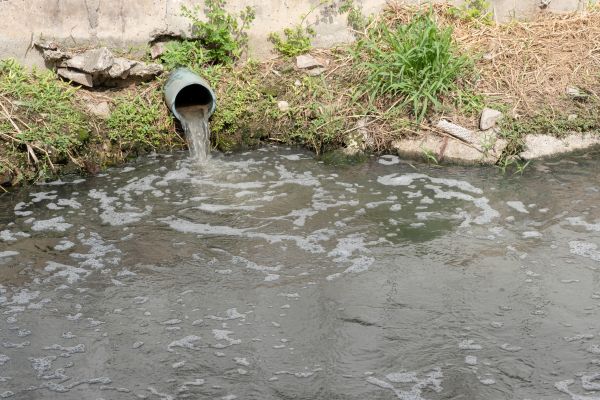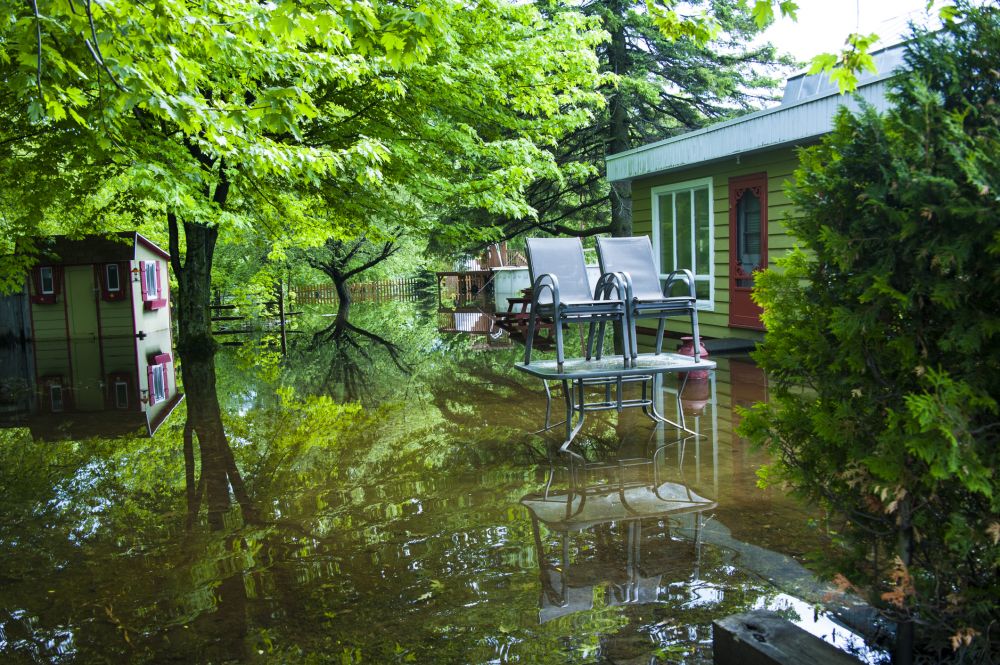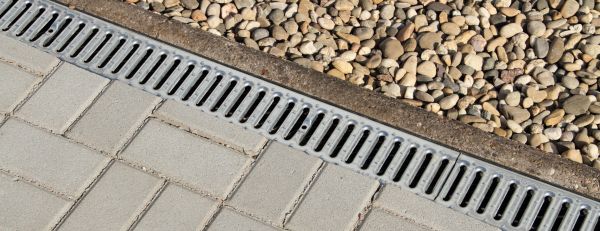Surface Water Control Service
Affordable Surface Water Control
Surface water control refers to the management and regulation of water that collects on the surface of the ground, which can result from rainfall, snowmelt, or other sources. Effective surface water control is crucial for preventing flooding, protecting infrastructure, and maintaining environmental balance. It ensures that water is directed away from vulnerable areas, reducing the risk of damage to property and ecosystems. By implementing strategic drainage systems and water management practices, surface water control plays a vital role in sustainable urban planning and agricultural productivity.
Benefits of Surface Water Control
-
Flood Prevention
One of the primary benefits of surface water control is its ability to prevent flooding. By managing the flow of water, surface water control systems reduce the risk of water accumulation in areas prone to floods. This not only protects properties and infrastructure but also minimizes the potential for economic loss and displacement of communities. -
Erosion Control
Surface water control helps in mitigating soil erosion by directing water flow in a controlled manner. Erosion can lead to the loss of fertile land and negatively impact agricultural productivity. By implementing effective water control measures, the stability of soil is maintained, preserving the landscape and supporting sustainable land use. -
Environmental Protection
Proper management of surface water contributes to environmental protection by reducing pollutants and sediment runoff into natural water bodies. This helps maintain the quality of rivers, lakes, and streams, supporting aquatic life and preserving biodiversity. Controlled water flow also prevents the disruption of natural habitats. -
Infrastructure Longevity
By directing water away from roads, buildings, and other structures, surface water control extends the lifespan of infrastructure. Water can cause significant damage over time, leading to costly repairs and maintenance. Effective water management reduces these risks, ensuring that infrastructure remains functional and safe for longer periods.
FAQs About Surface Water Control
What is surface water control?
Surface water control involves the management and regulation of water that collects on the surface of the ground, primarily to prevent flooding and protect infrastructure.
Why is surface water control necessary?
Surface water control is necessary to prevent flooding, control erosion, protect the environment, and ensure the longevity of infrastructure by managing water flow effectively.
How does surface water control benefit the environment?
By reducing pollutants and sediment runoff into natural water bodies, surface water control helps maintain water quality, supports aquatic life, and preserves biodiversity.
Can surface water control systems be customized for specific needs?
Yes, surface water control systems can be tailored to address the specific requirements of an area, taking into account factors such as topography, climate, and land use.
Ready to experience the benefits of professional Surface Water Control? Fill out the contact form today and take the first step towards flood prevention, erosion control, and enhanced infrastructure protection.




